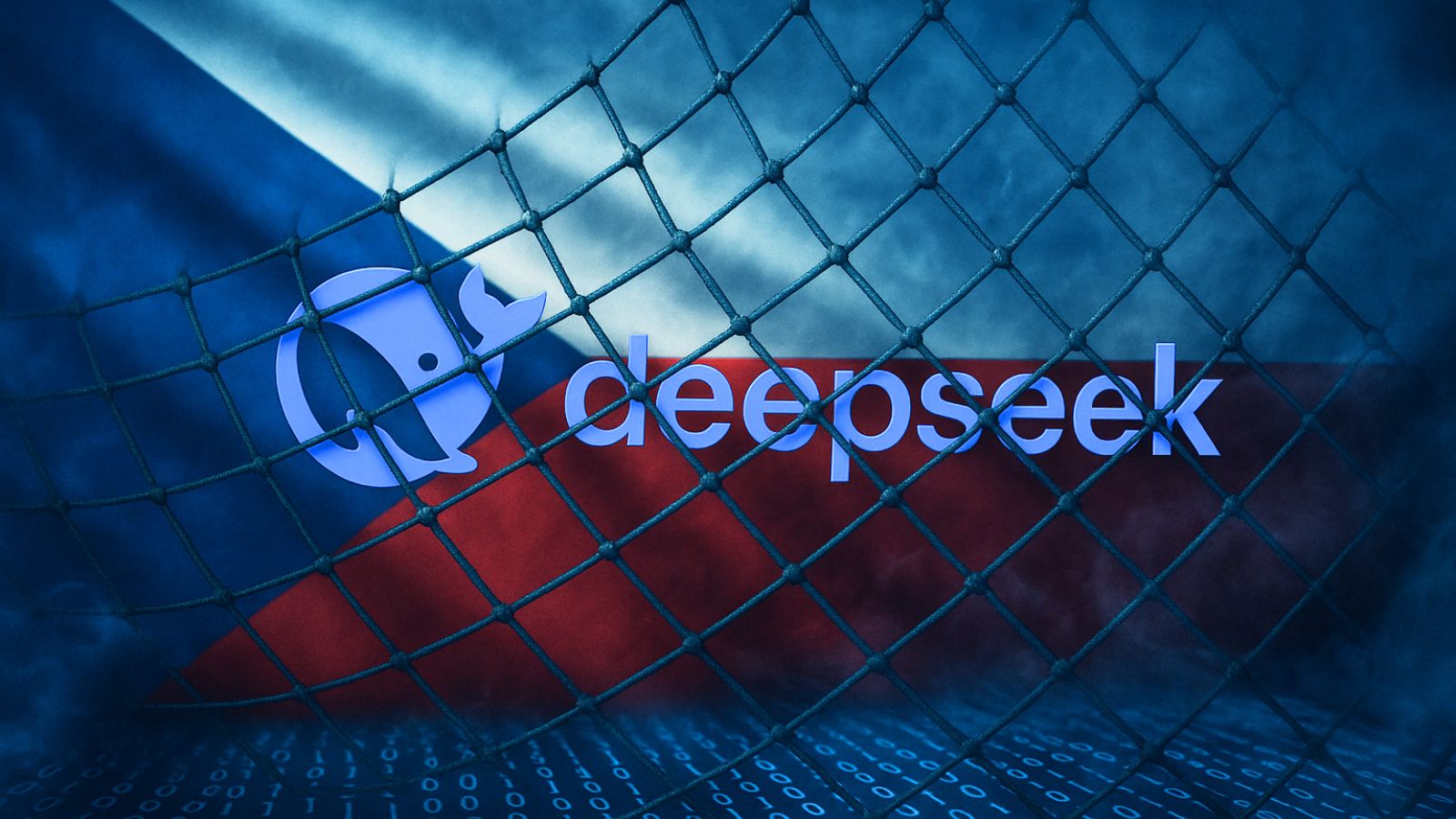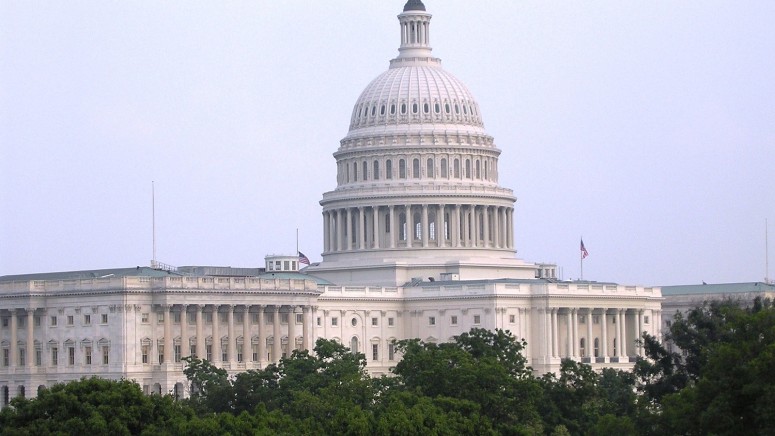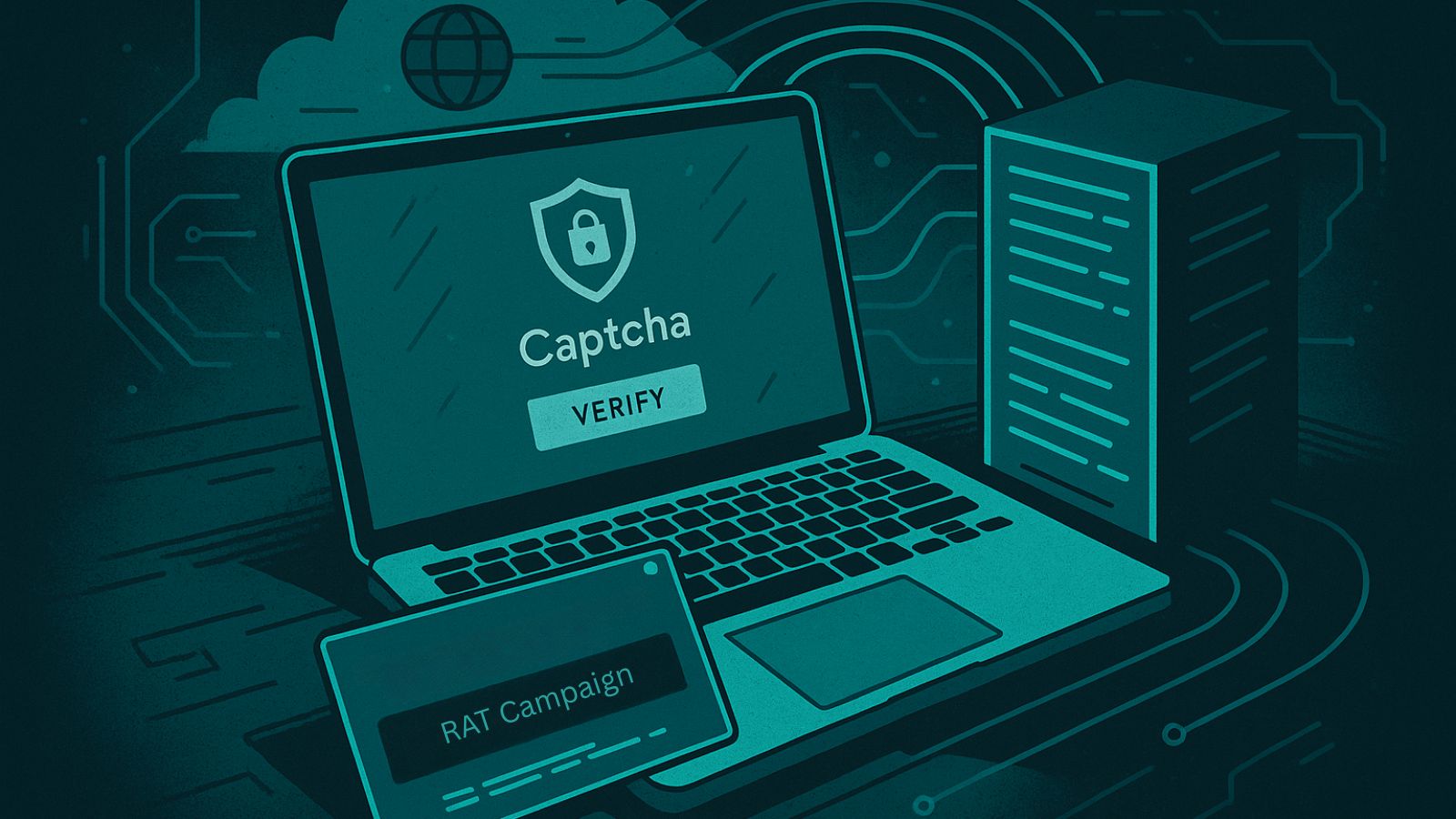
Trump Administration Considers Banning End-to-End Encryption
- The US National Security Council met to discuss the possibility of banning end to end encryption.
- The FBI and DOJ stated that the risks of hacking do not outweigh the benefits of catching terrorists.
- Other agencies opposed to the proposal, saying that such a law would introduce unmanageable problems.
The US National Security Council (NSC) held a meeting this week during which people from the Trump administration and high-standing officials from key agencies discussed the question of end-to-end encryption that helps individuals “go dark”. This is obviously preventing the law authorities to investigate various crimes, so the senior officials are considering the possibility of rendering encryption illegal. Of course, something like that would have to pass through the Congress, but if the NSC asks for it, chances are that it will be approved or at least seriously considered.
As initially reported by Politico, there is a growing worry that end-to-end encryption is soon to go mainstream and easily deployable on all levels, since Apple, Google, and Facebook are gradually incorporating such capabilities into their products. The officials presented misuse scenarios like child trafficking, child pornography, and terrorism, conveniently ignoring the primary purpose of the end-to-end encryption platforms that is privacy, an otherwise fundamental and invaluable right in modern societies. While in some places in the world this right is far from being self-evident and taken for granted, the United States was far from such an oppressive approach, until now.
Of course, law enforcement and intelligence agencies could just be given the encryption keys following a court order, but modern systems don’t work like that as they store these keys locally, so not even the companies that support the communication platforms have them. This leaves us with the ban as the only option, but then again, this would have dire consequences on a broader scale. For example, hackers, foreign spies, and international cyber-espionage groups would have a much easier job of stealing sensitive information. On a broader level, people who have every right to hide from ill-intended individuals will then be left unprotected.
The US Department of Justice and the FBI believe that these hacking risks are acceptable if they allow authorities to catch criminals and terrorists, while the Commerce and State Departments disagree with them and believe that the consequences in diplomacy, economy, and overall security will be too great to manage. Even if companies dropped back to using warrant-compatible encryption, people would then turn to other more privacy-assuring tools that would be based outside the US, so the means would not entirely vanish. Political experts believe that in spite of the push from some agencies, encryption-banning legislation is unlikely to pass in the US right now.
What do you think about the chances of a law like the one discussed by the NSC passing? Let us know in the comments down below, or join the discussion on our socials, on Facebook and Twitter.










